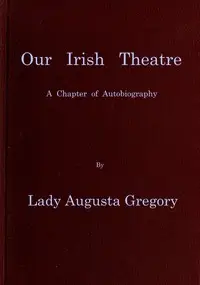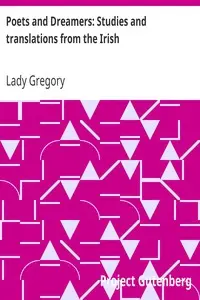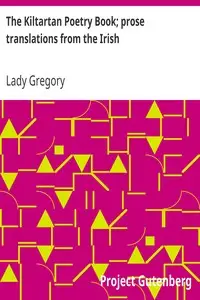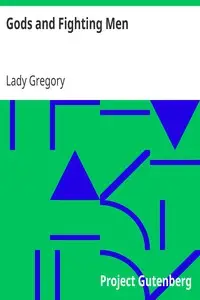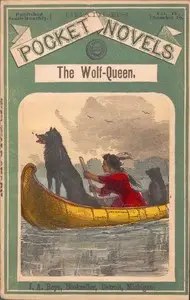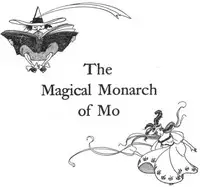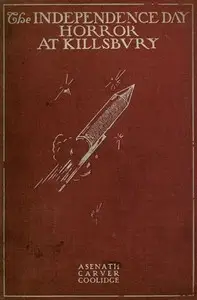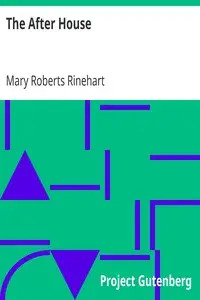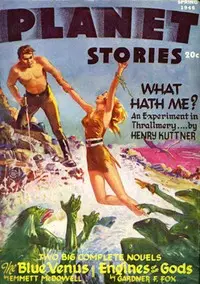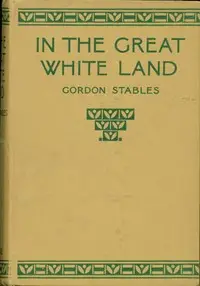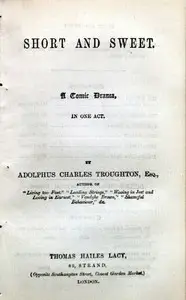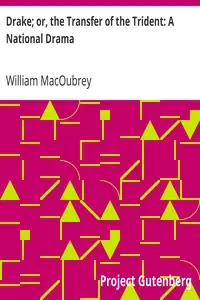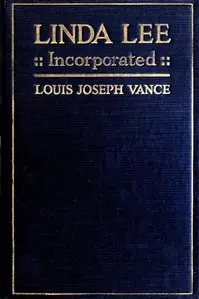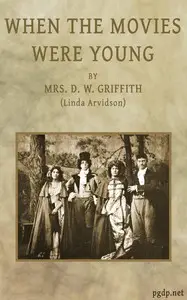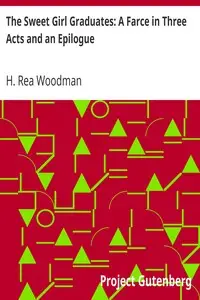"Three Wonder Plays" by Lady Gregory is a collection of dramatic works likely produced during the early 20th century. This play showcases elements of Irish folklore and mythology, centering on themes such as fate, love, and the intertwining of human experiences with fantastical creatures. The narrative revolves around the Princess Nuala, who faces a dire prophecy concerning her fate with a fearsome dragon, adding tension and urgency to her quest for love and destiny. The opening of "Three Wonder Plays" introduces the characters in a lively manner, with a focus on the interactions between the King, the Queen, and Princess Nuala, amidst a humorous exchange about food and relationships. The King grapples with the prophecy of his daughter being devoured by a dragon, shared by Dall Glic, the blind wise man. This foreboding revelation leads the Queen to feel compelled to marry off Nuala quickly to ensure her safety. The whimsical dialogue highlights the characters’ distinct personalities while setting the stage for the unfolding drama surrounding the Princess’s fate and the peculiar dynamics of royal life. (This is an automatically generated summary.)
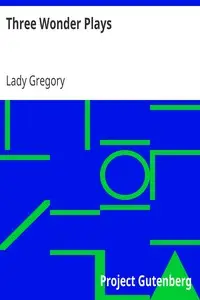
Three Wonder Plays
By Lady Gregory
"Three Wonder Plays" by Lady Gregory is a collection of dramatic works likely produced during the early 20th century. This play showcases elements of ...
Isabella Augusta, Lady Gregory was an Anglo-Irish dramatist, folklorist and theatre manager. With William Butler Yeats and Edward Martyn, she co-founded the Irish Literary Theatre and the Abbey Theatre, and wrote numerous short works for both companies. Lady Gregory produced a number of books of retellings of stories taken from Irish mythology. Born into a class that identified closely with British rule, she turned against it. Her conversion to cultural nationalism, as evidenced by her writings, was emblematic of many of the political struggles that occurred in Ireland during her lifetime.

